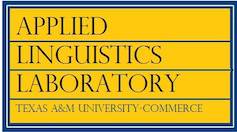Is this a joke? Metalinguistic reflections on verbal jokes during the school years
DOI:
https://doi.org/10.21283/2376905X.5.33Keywords:
LANGUAGE DEVELOPMENT, SCHOOL, METALINGUISTIC REFLECTION, HUMOR, JOKESAbstract
The ability to produce and comprehend multiple meanings in words and expressions, such as those included in linguistic humor, develops during the school years and is directly related to the development of metalinguistic reflection. The purpose of this study is to analyze metalinguistic reflections that children and adolescents present on different types of verbal jokes. Participants were 42 children and adolescents in second, fifth, and eighth grades (14 participants per group) from Querétaro, México. They were presented with four verbal jokes (two lexical and two syntactical) and four non-jokes. Participants were asked to determine whether each text was a joke or not and to explain their reasoning. Results revealed differences by school grade in the students’ ability to distinguish jokes from non-jokes and in the type and quantity of their reflections. Moreover, lexical jokes were easier to understand and analyze than syntactical jokes, especially for younger participants.
Downloads
Published
How to Cite
License
Copyright (c) 2016 Karina Hess Zimmermann

This work is licensed under a Creative Commons Attribution 4.0 International License.


